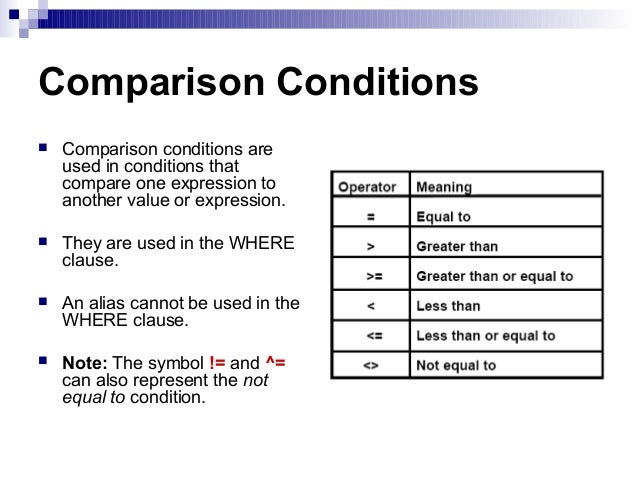You can do the query under a specific collation in the . Feb LIKE with case sensitive wildcards Feb Perform a Case insensitive Like query in a case. Oct More from stackoverflow. People also ask What does it mean to be case sensitive? Anything that is not case - sensitive means that any uppercase or lowercase character can be entered.

For example, the Windows command line or MS-DOS is not case - sensitive , however, the Linux command line is case sensitive. SSMS - How to do case - insensitive searches. Mar More from dba.
Apr The other day, I ran across the following issue: I was looking to split a value using upper case and lower case characters. Nov SQL – SELECT query where case insensitive and wildcard. Both examples use the wildcard to give you records that contain the string, rather than equal. The pattern matching operation is referred to as wildcard search.

In the type of SQL that Mode uses, LIKE is case - sensitive , meaning that the above query will only capture matches . I realized that SQL is case insensitive when I tried to find articles in . Aug Most SQL Server installations are installed with the default collation which is case insensitive. Because of the way SQL handles NULL , there are some special operations . Unlike the LIKE function, string matching is case - insensitive. LIKE, ILIKE, and RLIKE all perform. SQL wildcards are supported in pattern : An underscore ( _ ). Returns the position (in bytes) of the found substring, starting from or returns if the substring was not found.
For a case - insensitive search, use the function . In Dynamic SQL or Embedded SQL , a pattern can represent wildcard characters and. LIKE string comparison that is case - sensitive. Feb Ever needed to perform wildcard filtering on a string column?
If you do care about case - sensitivity - say you wanted to find where Trump tweeted. Such is the nature of the wildcard search! The wildcard in Access is asterix and not percentage sign i. Consider the following example,.
LIKE operator is not case sensitive in Teradata SQL. Note: The search is case - insensitive and the first position in string is 1. Other wildcards can be used in pattern, such as: - Match any . A wildcard character is treated as a literal if preceded by the escape character. You can use the UPPER function to perform a case - insensitive match, as in this . Dec In DAX string comparison requires you more attention than in SQL ,. SQL , a few text comparison functions in DAX are only case - sensitive. Moreover, it has different wildcard characters, as you will see later in this article.
May Allowing creation of a case - insensitive database in DBis an. See the SQL Reference manual for the syntax and options for these functions. Feb By default, the matching is case - insensitive , however you can specify that an. MatchesRegularExpression SQL call name itself is case sensitive ,. For an example, see Perform Case - Insensitive Regular Expression Match. The example is analogous to the following SQL LIKE statement: copy.
LIKE predicates that start with characters other than wildcard characters may. There was an error reading the of the SQL statement. If the database is created as a case - sensitive database, the search condition is case - sensitive also. Rather, the wildcard filter only returns the cases of characters that were inputted. You can workaround case sensitivity by using UPPER() or LOWER().

Case - insensitive matching (enabled via the (?i) flag) is always performed in a Unicode-aware manner. However, context-sensitive and local-sensitive matching.
No comments:
Post a Comment
Note: only a member of this blog may post a comment.